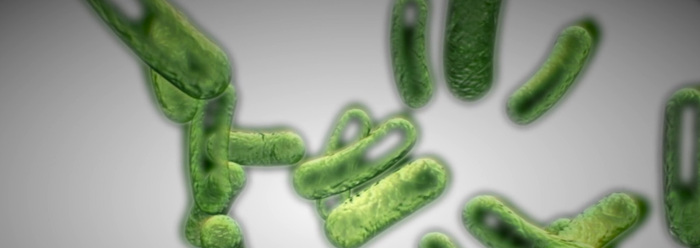Often the claim is made in biology classes that evolution has been observed in certain microbes—germs that over time have developed a resistance to antibiotics. For instance, penicillin is generally now less effective than before. Stronger and more focused drugs have been developed, each with initial benefits, but which must continue to be replaced with something stronger. Now, "super germs" defy treatment.
One might ask, have these single-celled germs "evolved"? And does this prove that single-celled organisms evolved into plants and people?
As is frequently the case, we must first distinguish between variation, adaptation, and recombination of existing traits (i.e., microevolution) and the appearance of new and different genes, body parts, and traits (i.e., macroevolution). Does this acquired resistance to antibiotics, this population shift, this dominant exhibition of a previously minority trait point to macroevolution? Since each species of germ remained that same species and nothing new was produced, the answer is no!
Here's how it works. In a given population of bacteria, many genes are present which express themselves in a variety of ways. In a natural environment, the genes (and traits) are freely mixed. When exposed to an antibiotic, most of the microbes die. But some, through a fortuitous genetic recombination, possess a resistance to the antibiotic. They are the only ones to reproduce, and their descendants inherit the same genetic resistance. Over time, virtually all possess this resistance. Thus the population has lost the ability to produce individuals with a sensitivity to the antibiotic. No new genetic information was produced; indeed, genetic information was lost.
A new line of research has produced tantalizing results. Evidently, when stressed, some microbes go into a mutation mode, rapidly producing a variety of strains, thereby increasing the odds that some will survive the stress. This has produced some interesting areas for speculation by creationists, but it still mitigates against evolution. There is a tremendous scope of genetic potential already present in a cell, but E. coli bacteria before stress and mutation remain E. coli. Minor change has taken place, but not true evolution.
Furthermore, it has been proven that resistance to many modern antibiotics was present decades before their discovery. In 1845, sailors on an ill-fated Arctic expedition were buried in the permafrost and remained deeply frozen until their bodies were exhumed in 1986. Preservation was so complete that six strains of nineteenth-century bacteria found dormant in the contents of the sailors' intestines were able to be revived! When tested, these bacteria were found to possess resistance to several modern-day antibiotics, including penicillin. Such traits were obviously present prior to penicillin's discovery, and thus could not be an evolutionary development.1
Here's the point. Mutations, adaptation, variation, diversity, population shifts, etc., all occur, but, these are not macroevolutionary changes.
References
- Medical Tribune, December 29, 1988, p. 1, 23.
* Dr. John Morris is President of ICR.
Cite this article: Morris, J. 1998. Do Bacteria Evolve Resistance to Antibiotics? Acts & Facts. 27 (10).














